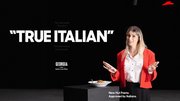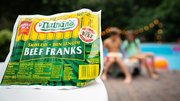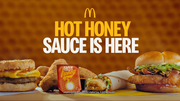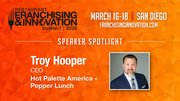Franchising
Is Subway's problem bigger than a footlong?
The North American Association of Subway Franchisees — representing thousands of U.S. franchisees — said its survey of members showed that 75% of those responding said they weren't going along with the brand's "2 for $10 footlong" promotion
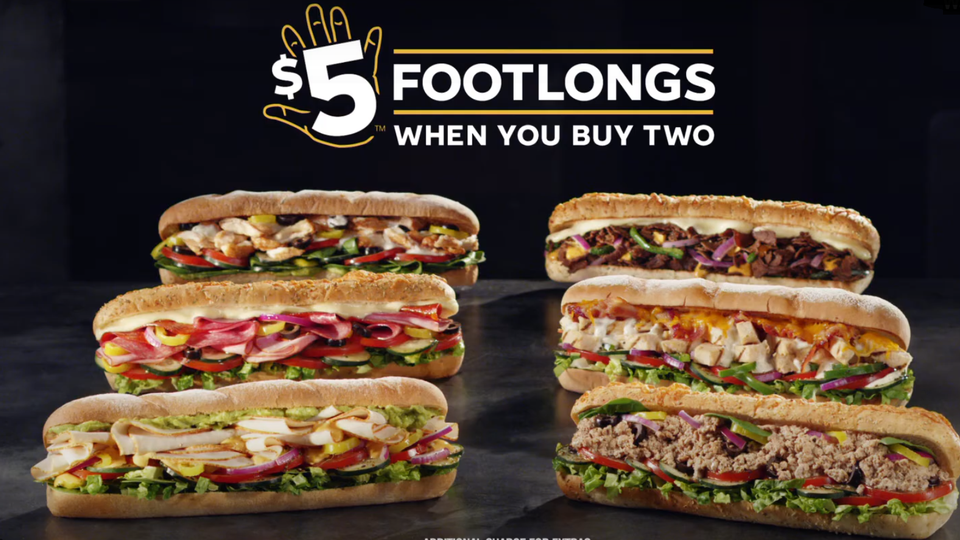
June 18, 2020 by S.A. Whitehead — Food Editor, Net World Media Group
When it comes to Subway's increasingly public locking of horns with its franchisees over the brand's latest $5 footlong promotion, one franchisee doesn't hold back on his sentiments:
"All we really know is true is they're pushing a big promotion down our throat that was profitable in 2008 and it's now 2020. Our costs are way higher than they were then, and we can't afford to have the same-priced promotion. It's ridiculous," said David Jones, president of Jones Brothers Inc., which owns four stores in the Seattle area.
Jones is outspoken about the campaign because he sees it as signs of a bigger problem with Subway leadership. Jones — who is also CEO of the fast casual burger brand, Blazing Onion — has been a Subway franchisee since the 1990s and is among the first to admit he really likes the Subway brand and enjoys operating his stores.
But he also makes it clear that he — like a growing and ever-more-vocal number of other Subway franchisees — has some problems with the brand's corporate tone, which he qualifies as all but dictatorial. This is particularly the case, he said, when it comes to the brand's price-point promotions.
The current and possibly most heated argument in Subway's history between corporate leadership and Subway's many thousands of franchisees involves a slightly altered relaunch of the $5 footlong promotion, originally launched with great success in 2007, in what most would agree was a vastly different QSR sandwich landscape. Not only had COVID-19 not yet reared its ugly head 13 years ago, but the U.S. minimum wage was $5.85, with few laws mandating anything like those that have pushed the base wage up to $15 an hour in many markets.
Times have changed, promotions can't stay the same
For Jones — whose company operates franchises in one of the first markets to put those higher minimum wages into law — the brand's latest marketing campaign offering two footlongs for $10 (a.k.a. $5 footlongs), didn't wash with his company from the get-go. But then Jones also admits that his company's stores have largely abstained from participating in any Subway price-point promotions for the past three years when, he said, he first noticed that Subway corporate was becoming less receptive to franchisees' feedback.
 Jones said that's also why he did not file a complaint with the Federal Trade Commission over the promotion, as the New York Post reported many franchisees have done, alleging that the brand pushed franchisees into what many operators said is a losing business and marketing move with the start of the 2 for $10 footlong promotion this week at participating locations.
Jones said that's also why he did not file a complaint with the Federal Trade Commission over the promotion, as the New York Post reported many franchisees have done, alleging that the brand pushed franchisees into what many operators said is a losing business and marketing move with the start of the 2 for $10 footlong promotion this week at participating locations.
"I engaged with our BDAs," he said, referring to the business development agents Subway employs in Jones Brothers' stores' market area. "They asked if I was participating — I think because they have to — but I scolded them for trying to run franchisees' lives. …
"In the Seattle market, my minimum wage is $16.39 and my average wage is $18. I haven't felt like I could participate in those value-based promotions for a long time, so I just stopped doing it and I really haven't looked back. My customers understand; they have to buy food in our market so they know how much the food costs, and frankly, most of them would be surprised if I did participate."
The same sentiments reportedly have been expressed in a more formal way via other franchisees' FTC complaints. QSRWeb has filed a Freedom of Information Act request with the FTC to view them and is awaiting a response. In the meantime, the North American Association of Subway Franchisees — representing thousands of U.S. franchisees — said its survey of members showed that 75% of those responding said they weren't going along with the promotion this time.
A brand spokeswoman told QSRWeb that the company sees the 2 for $10 footlong promotion as a traffic-driver at a time when its franchisees need it most, amidst the many business and health constraints of the COVID-19 pandemic. She said customers are looking for value, and the footlong promotion is one way of giving that to them, she said.
Subway refused to respond to any direct questions regarding the situation with its franchisees but provided this quote from Subway Business Development Agent Rohit Marwaha and a franchisee, Alex Merturi, regarding some positive franchisee views about the campaign.
"On behalf of so many of my fellow franchise owners and development agents, we are excited to welcome our guests and the $5 footlong back to our restaurants and are proud to be a brand our fans can trust to provide value and safety during this time. We can't think of a better way to say thank you to our communities and our guests for everything they've done to support small business like ours throughout the pandemic."
A 'mathematical problem'
Subway has partnered with Coca-Cola —its beverage provider — to give roughly $200 each week to operators that run the promotion. The New York Post reported that it received calculations detailing Subway corporate's predictions that franchisees would take in $245 after costs during the promotion if a franchisee's store sells 2 for $10 deals 100 times each week over their current sales numbers.
That $245 figure reportedly also includes the $200 a week Coca-Cola money, but franchisees said their own calculations proved that stores would actually lose money. Jones said that would certainly be the case for his stores.
"COVID knocked (franchisees') sales down to around 50%, and some people are climbing back now, but the timing's still bad for that (promotion)," Jones said. "Subway is saying, 'We need the sales,' but the problem with the $5 footlong is, for me, that's a half-priced sub. So I'm trying to recover from COVID and I don't have my sales back, and now they're making me do a promotion where there's no mathematical equation where I actually make money.
"In fact, the only way to make money on it is if I get new customers coming in at a rate between 20% and 40% of traffic growth. But there's no way I am going to get 20%-40% traffic growth when people are afraid to go out because of COVID. So it's an unrealistic promotion for my market, no matter what."
Jones said many franchisees that participate in the promotion will be initially encouraged this week when they see an uptick in sales but predicted their positive feelings will fade when by the third or fourth week of the campaign when they see their bank accounts bottom out.
"I've just been around too long to know better," he added.
But perhaps more concerning to Jones and another franchisee, who declined to go on the record, is what they believe the campaign symbolizes: a symptomatic problem with the brand at the corporate level with leadership far less open to feedback than ever before. At a time in the brand's history when cohesiveness and responsiveness is more critical to survival than ever, they see that as an issue that must be addressed.
"I think that there needs to be some change in leadership that really wants to listen to franchisees," Jones said bluntly. "They used to listen to franchisees, but they got to stopping that a couple of years ago and now they just dictate stuff to us. I think that behavior has to change or they're going to hurt themselves more than they think they are."
Inset photo: iStock
About S.A. Whitehead
Pizza Marketplace and QSRweb editor Shelly Whitehead is a former newspaper and TV reporter with an affinity for telling stories about the people and innovative thinking behind great brands.
 ChatGPT
ChatGPT Grok
Grok Perplexity
Perplexity Claude
Claude